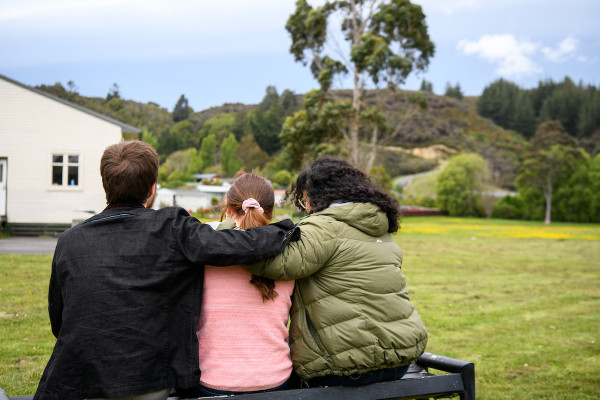Do what you honestly can
Be honest with yourself and the person you are supporting about how much support you can provide and reach out for assistance when you need it. Don’t take sole responsibility or feel like you have to do everything.
Abusive situations are often too complicated and long-standing for one person to fix by themselves.
Expect that giving support can be emotionally hard
Abuse is distressing. Prepare to feel emotional. For example, you may feel sad, confronted, frustrated, or upset.
Emotion is okay. You are human and emotion is not a weakness. Don’t deny yourself your sadness, humanity, a sense that you can’t help, or a feeling that you’re powerless.
It’s useful to know in advance what your triggers are. Be open to identifying new triggers as you have new experiences. New situations can reveal things that have been hidden for a long time.

